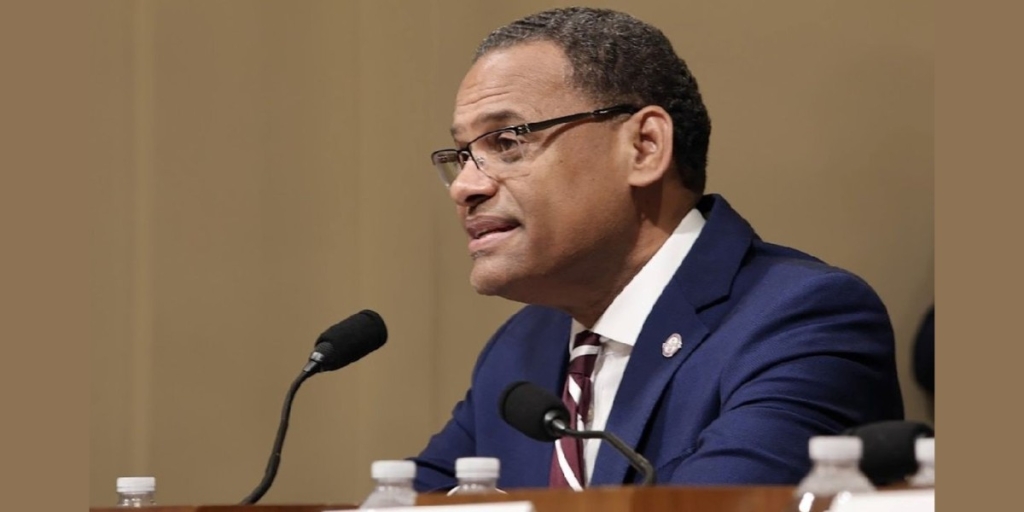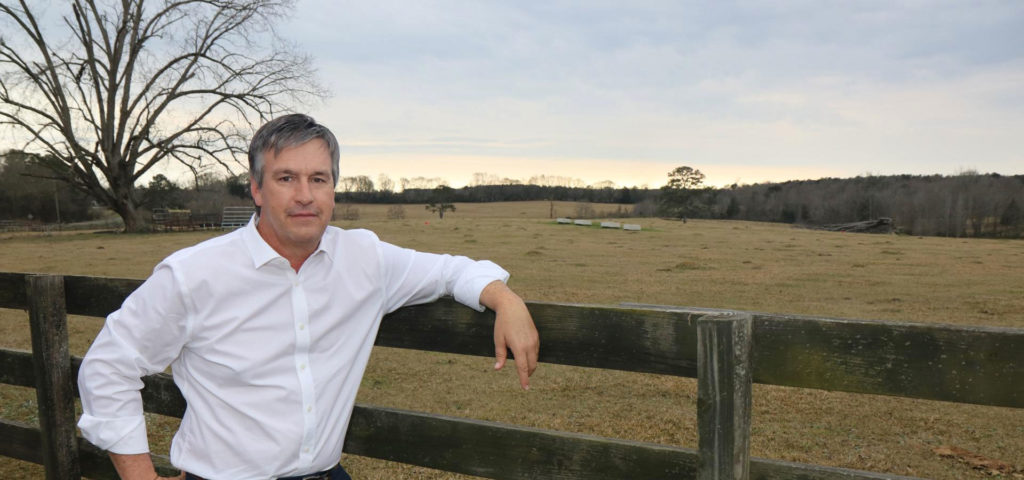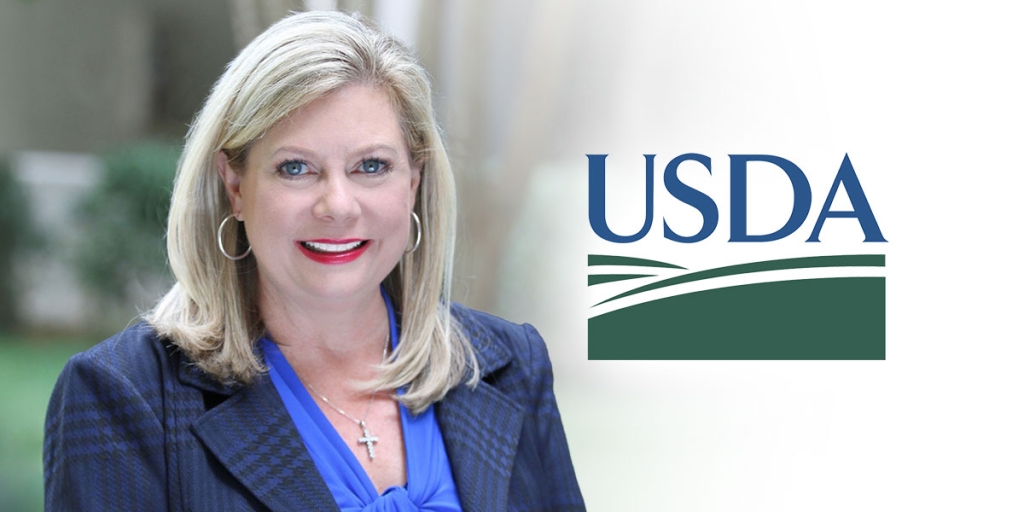Both of Alabama’s senators helped to introduce legislation recently that will play a role in ensuring that the U.S. has full food security and independence from its foreign adversaries going into the future, particularly, China.
Alabama’s U.S. Senators Tommy Tuberville and Katie Britt each believe that the newly proposed AFIDA Improvements Act of 2024 is necessary to collect further information on foreign ownership of American farmland.
“We can’t let our enemies hold our food supply hostage,” said Senator Tuberville. “Right now, they’re buying up more and more of the farmland that feeds our people. We need to get ahead of this.”
“Our farms ought to stay American and our farmers must continue to thrive and to beat the competition.”
Senator Britt believes that the legislation goes hand in hand with improving overall national security, specifically in relation to China.
“Food security is national security. We can’t lose sight of the fact that the Chinese Communist Party is our greatest geopolitical and national security threat, and everything they do is as our adversary,” said Britt. “These bipartisan, commonsense bills help ensure the proper tools are in place to safeguard American farmland from the CCP and other foreign adversaries, so hardworking families across our nation will continue to have a reliable food supply for generations to come.”
RELATED: China-owned U.S. farmland about to dry up
The new legislation would update the Agricultural Foreign Investment Disclosure Act (AFIDA) of 1987 in response to a recent report from the Government Accountability Office (GAO) that revealed the USDA is not well equipped enough to fully fight nefarious foreign ownership of American agricultural land by foreign adversaries.
Under AFIDA, foreign persons who acquire, dispose of, or hold an interest in U.S. agricultural land are required to disclose those transactions to the USDA.
If enacted, the legislation would specifically:
- Streamline CFIUS Data Sharing: Require USDA to enter into a memorandum of understanding with the Committee on Foreign Investment in the United States (CFIUS) to govern data sharing between USDA and CFIUS member agencies within one year of enactment.
- Modernize the AFIDA Handbook: Direct USDA to update the agency’s handbook for officials to collect AFIDA data within one year of enactment. This handbook was last updated in 2006.
- Better Implementation: Require USDA to give Congress a timeline to meet specific implementation benchmarks for an online AFIDA submission system and public database. While Congress has required USDA to implement an online system by 2025, GAO discovered that USDA “has not developed timelines for creating an online submission process [or] a public database.”
- Improve Data Verification and Monitoring:Direct and enable USDA to take any such actions as are necessary to validate foreign ownership data collected under AFIDA.
- Identify Suspected Non-Filers: Direct USDA to better leverage Farm Service Agency (FSA) data to identify individuals who have illegally not filed transactions with foreign persons under AFIDA.
- Collect Data from Every Foreign Investor: Require reporting for foreign persons with a minority stake in an agricultural land asset, including through ownership tiers or shell companies.
Austen Shipley is a staff writer for Yellowhammer News.













